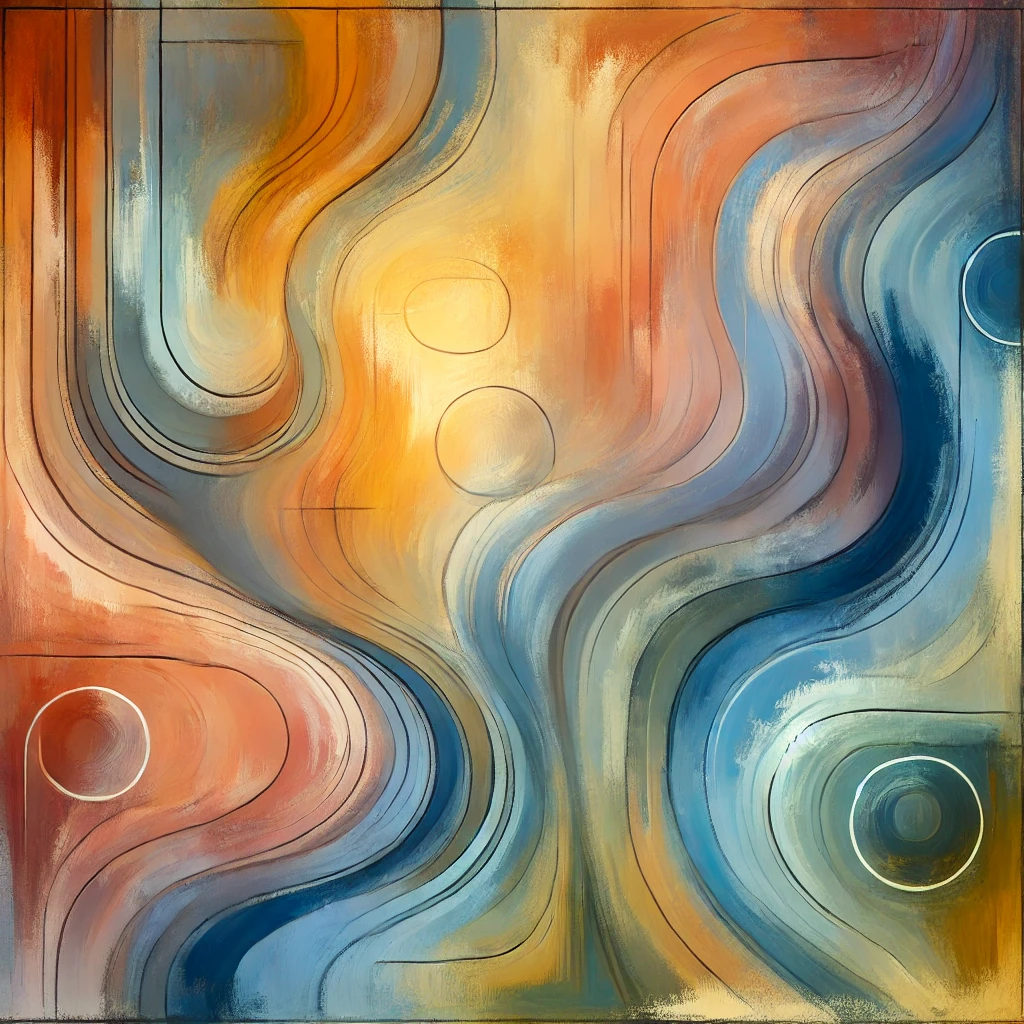capacity and faith
Faith and capacity go hand in hand.
When I was younger, I had a fervent spiritual energy. My curiosity, mixed with a naïve conviction, led me to explore different religions, discuss theology whenever I could, and challenge conventional interpretations of faith. As a teenager, I would have long, challenging conversations with young Mormon door-to-door evangelists; whenever a religious zealot stood up at the Santa Monica Pier proclaiming that Jesus was the only way and could prove it, I would engage with him, dissecting his arguments, breaking them down, and asserting my own views on plurality and unity among religions. Young buck energy.
Now, in my thirties, both my energy and approach are different. I've learned to pick my battles—knowing that brute force arguments and proofs are an inelegant algorithm for winning hearts. Being “right” and “proving” your point often pushes people away rather than drawing them in—a forceful approach tends to harden others against you, even if you are “right.” I find that minor, subtle yet powerful language modifications make all the difference—setting a tone of invitation and consideration helps others to engage with your ideas. All they need to do is try on the idea, wear it for a minute; they don’t have to buy it or take it home. Just see if it fits. That’s all.
My capacity for sharing has also shifted. One of the Bahá'í Faith's values is to share its message—though proselytization is forbidden, believers have a responsibility to share their religion. I used to feel much more passionately about this. But there was a reckoning for me. Over time—through my teens and twenties—my mother weaponized the Faith against me. Whenever we got into an argument, she would send me quotes about honoring one's parents—essentially forcing me to confront guilt, like scolding a dog for an accident. She would randomly ask, "Do you even believe in God?" with an accusative tone. Beyond our personal conflicts, her zealous devotion to the Bahá'í Faith led her to both personal and financial ruin. The details are grave, and I'll save them for another time.
The challenging experiences around my Faith and the consistent negative reinforcement created a sort of Pavlovian response in me—a weariness, even resentment, surrounding religion. I do not blame the Faith for my mother’s choices. I still have a love for the Bahá'í Faith and consider myself a Bahá'í. But I recognize that my family’s negative energy surrounding religion has impacted my capacity to engage fully with it.
I trust and accept that my capacity is right where it needs to be. Whatever the world beyond death looks like, I trust I’ll be treated compassionately and that this short-circuiting won’t be held against me.
I embrace my capacity, wherever it lands.
